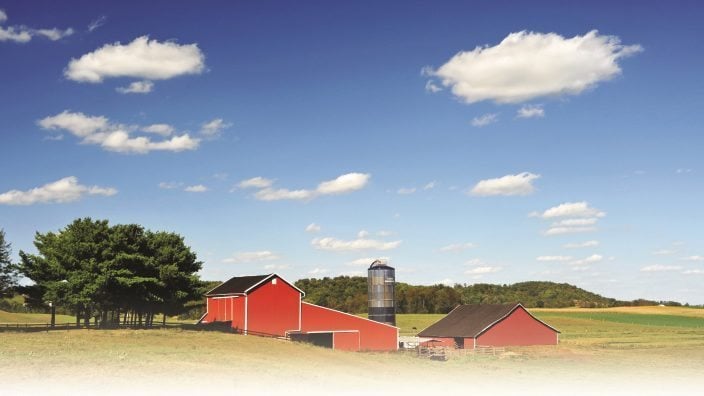Agriculture trade and tariff resources
Ohio Farm Bureau has collected information and resources that will be updated as the trade and tariff situation continues to unfold.
Read MoreOur attention is pulled in a lot of different directions; and that is especially true in our busy seasons. Finding time to talk to your family about the future of the farm may be difficult. You also may be uncomfortable with the thought of selling your farm or handing over control to family members.
Just as you plan every spring so that your farm can have a successful year; you should consider planning long-term so your farm can be successful for years to come. Developing a solid transition plan for your farming business will help ensure that your family’s wishes are met, and emotional stress is minimized.
Here are a few things you should know about transition planning:
It’s important to enlist the help of qualified professionals who don’t have a stake in the final decisions. They can help you make sound, unbiased decisions for your farm estate. Qualified professionals may include your banker, your accountant, your personal attorney or a financial or estate planner who specializes in farm estate planning. If you have questions about transition planning or would like help in finding a qualified professional to speak with, contact the Nationwide Land As Your Legacy team via email, or toll-free at 855-529-2729.


Ohio Farm Bureau has collected information and resources that will be updated as the trade and tariff situation continues to unfold.
Read More

Airable Research Lab focuses 100% on developing safe, sustainable products made from the soybean oil grown right here in the Buckeye State.
Read More

SB 100, championed by Sen. Susan Manchester, would offer farm families access to affordable, personalized health care plans.
Read More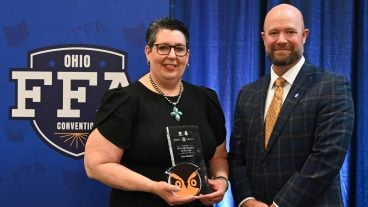
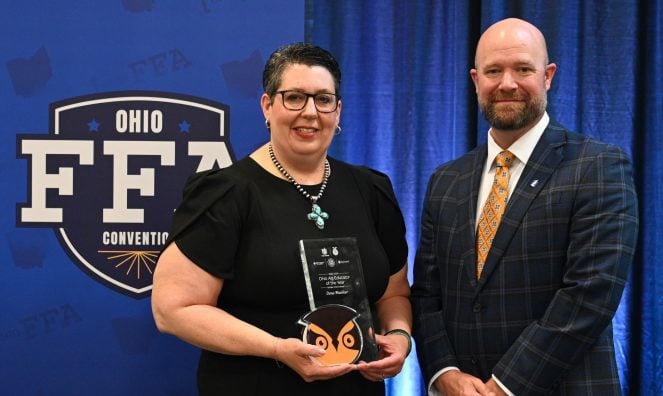
March is National Agriculture Month and in today’s world, agricultural education and awareness is needed more than ever. Hear from two of Ohio’s top ag educators.
Read More
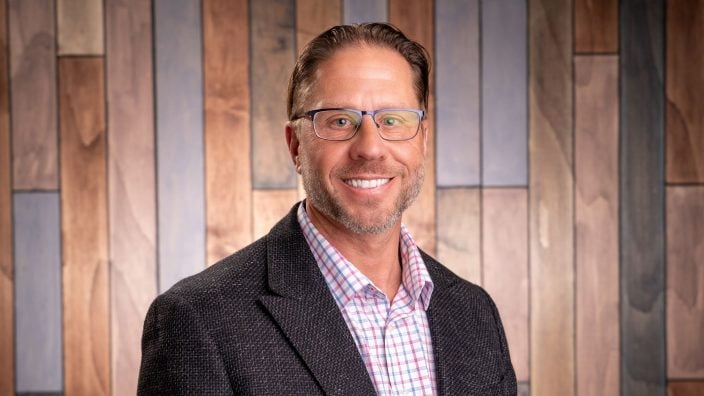
Brent Nemeth of Rayland/Dillonvale will serve members in Carroll, Harrison, Jefferson and Tuscarawas counties.
Read More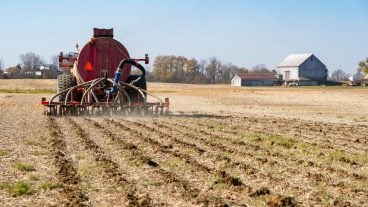
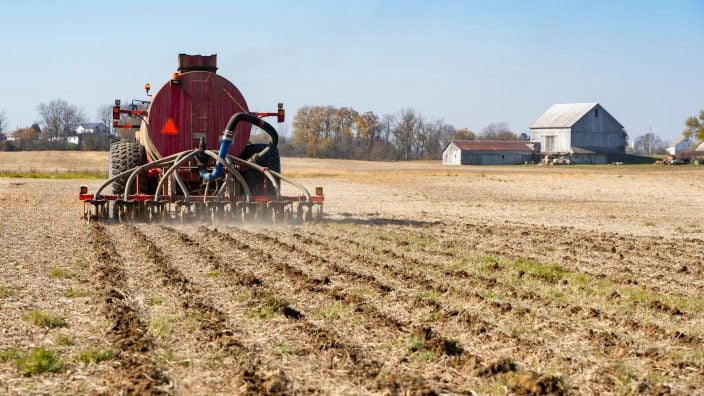
Current Agricultural Use Value is often discussed as a farmland preservation tool, but there are some other tools in the law that landowners can consider.
Read More

Trevor Kirkpatrick will help design, coordinate and implement member-focused health benefits programs.
Read More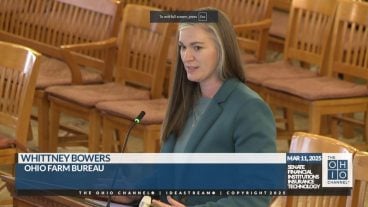
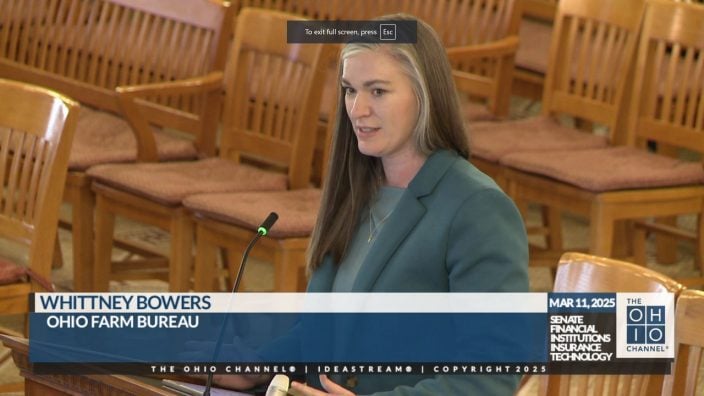
SB 100 will allow Ohio to join the existing network of state Farm Bureaus participating in Farm Bureau Health Plans, which is an alternative health plan that has been serving Farm Bureau members since 1993.
Read More

Over three days, participants heard from experts and, in turn, voiced their thoughts on topics as far reaching as the farm bill to trade to taxes.
Read More

The ExploreAg program is free to all high school students. The deadline to apply is April 30 at exploreag.org.
Read More